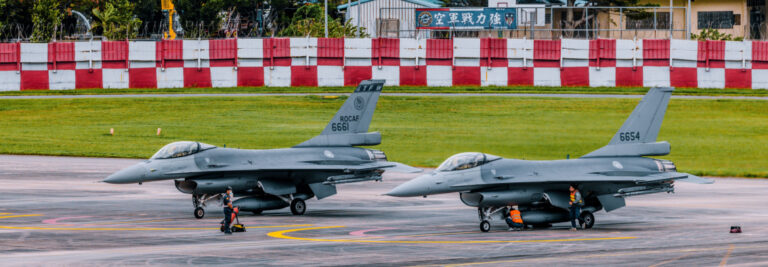I am happy to introduce this week’s Global Taiwan Brief, which features writing from our spring term interns Chin-yen Cheng, David Elber, and Lauren Kao. As part of its mandate, GTI is committed to cultivating and equipping the next generation of Asia policy leaders, and our internship program is a significant part of how we do this. During their time here, these three students conducted original research, which they have turned into articles for the Brief. On behalf of the Global Taiwan Institute, I want to thank Chin-Yen, David, and Lauren for their excellent work here, and their many contributions to our organization.
Chin-yen Cheng, an international trade and investment MA student at the Elliot School, revisits Taiwan’s role in the Trans-Pacific Partnership (TPP), and asserts that, in a newly configured, post-American TPP, Taiwan’s membership could be critical to offsetting the loss of the United States. David Elber, a MA student in Chinese Studies at SAIS, writes about different iterations of the supposedly inflexible “One-China” policy, pointing out that that the People’s Republic of China (PRC) is less rigid than most assume. His piece was inspired by former President Ma Ying-Jeou’s comments, made at the Brookings Institution in March; Ma divided the “One-China” policies of countries with whom the PRC maintains relations into categories, highlighting their divergences. Finally, Lauren Kao, a rising senior at George Washington University, who studies conflict resolution, looks at Taiwan’s efforts to establish an “Asian Silicon Valley.” Specifically, Kao identifies the cultural and regulatory shifts this would require from Taiwan
The thread that runs through these three pieces is adaptability. Taiwan is not the first state to occupy a circumscribed and ambiguous international position; but few have done so with such creativity and adaptability, or with such commitment to the common good. These pieces illustrate three important components of Taiwan’s creative adaptation: first, as in the case of the TPP, Taiwan is adept at proving its own worth, especially in cases where it has been excluded. As an additional example, many have noted that Taiwan is second only to Israel in successfully lobbying the US Congress, but the island’s vast and intricate network of relationships with the United States government were developed in response to the loss of official ties—a loss that prompted creative adaptation.
Second, as with the multiplicity of “One-China” policy interpretations, Taiwan carves out space for participation where others are unlikely to see it. In the same way that Taiwan has expanded the small space left for it by China’s minimal rhetorical flexibility, building meaningful diplomatic and trade relationships with countries that ostensibly only have ties to China, Taiwan has accepted unofficial roles in international organizations, but assumed the full responsibilities of membership. As has become apparent in the recent uproar over Taiwan’s exclusion from the World Health Authority (WHA), Taiwan has used its observer status, however limited, to make significant contributions to global health.
Third, as in its efforts to become a hub of innovation, Taiwan has had to be clear-eyed about its own society, culture, and institutions, reevaluating and retooling when necessary. Though it has yet to fully adapt in the ways that Lauren Kao suggests, its uniquely precarious geostrategic position has meant that Taiwan has not had the luxury of stasis, and has proven capable of remarkable transformation, whether from authoritarianism to democracy or from traditional society to a beacon of gender equality and LGBT rights.
While Taiwan has proven itself unparalleled at adapting to the exigencies of marginalization, such creativity has its limits, as the 2017 WHA episode illustrates well. Using its creative adaptability, Taiwan has made significant contributions to the international community despite China’s attempts to isolate the island. It is past time to see what Taiwan is capable of, unhindered by artificial, PRC-imposed limitations.



